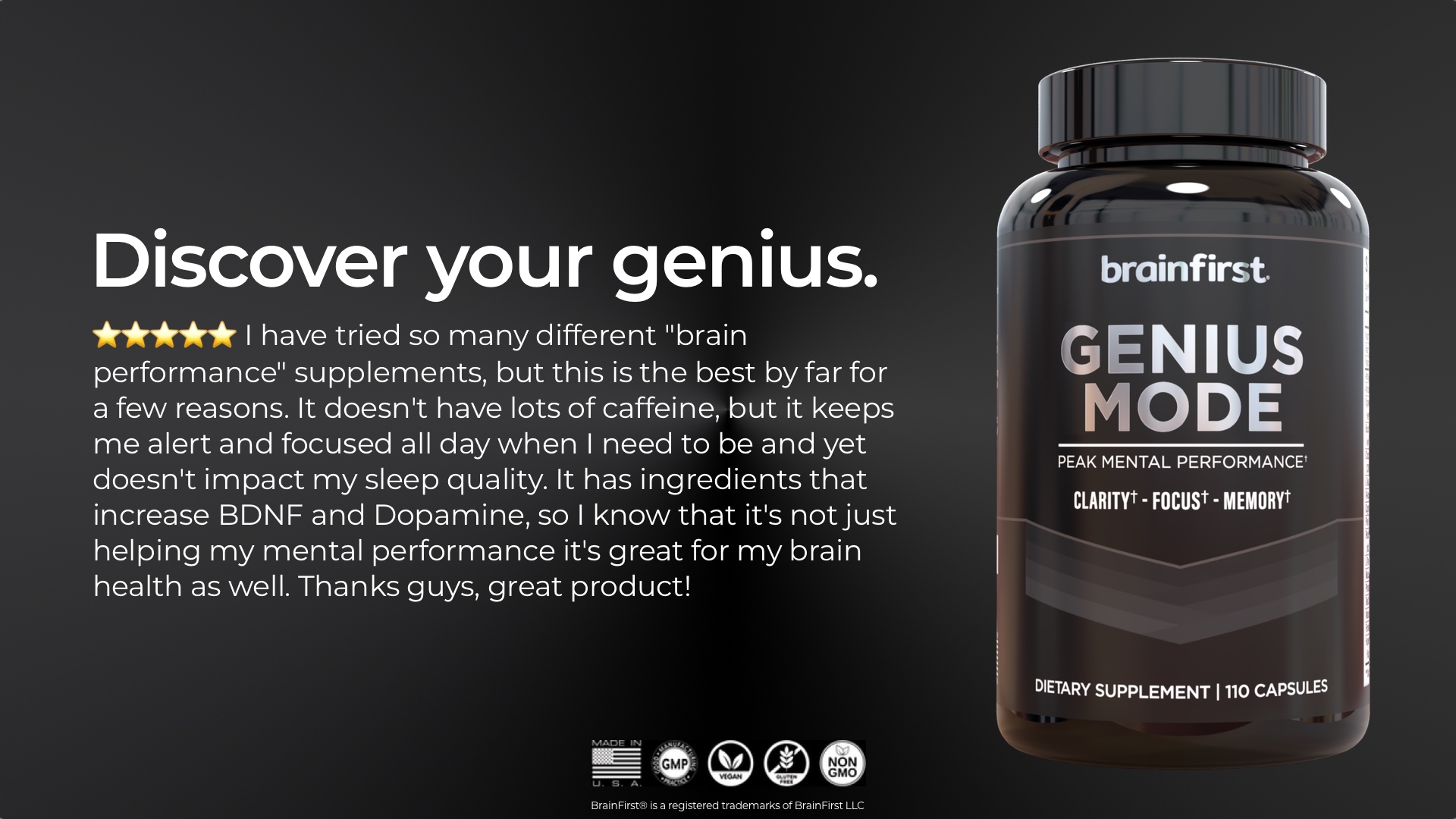Vitamin B6 (as Pyridoxine HCl)

![]()
Vitamin B6, also known as pyridoxine, is a water-soluble vitamin that is essential for various physiological functions in the body. Pyridoxine HCl is the hydrochloride salt form of vitamin B6 commonly used in dietary supplements. Health, energy, and brain benefits of vitamin B6 (as Pyridoxine HCl) include:
Immune system support
Vitamin B6 helps to support the immune system by promoting the production of antibodies and immune cells, which help to defend the body against infections and diseases (Bendich, 2018).
Reducing inflammation
Vitamin B6 helps to reduce inflammation in the body, which is linked to various chronic conditions such as heart disease, diabetes, and cancer (Friso et al., 2018).
Cardiovascular health
Vitamin B6 plays a vital role in maintaining cardiovascular health by reducing homocysteine levels, a compound linked to an increased risk of heart disease (Kumar & Lalitha, 2019).
Metabolism booster
Vitamin B6 helps to convert food into energy by facilitating the metabolism of carbohydrates, proteins, and fats (Bendich, 2018).
Reducing fatigue
Vitamin B6 helps to reduce fatigue by supporting the production of neurotransmitters such as serotonin and dopamine, which are essential for energy and mood regulation (Obeid et al., 2019).
Cognitive function
Vitamin B6 is essential for cognitive function, including memory, attention, and language processing (Kennedy, 2016).
Mood regulation
Vitamin B6 is essential for mood regulation by supporting the production of neurotransmitters such as serotonin and dopamine (Obeid et al., 2019).






